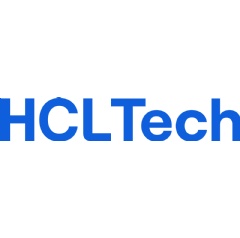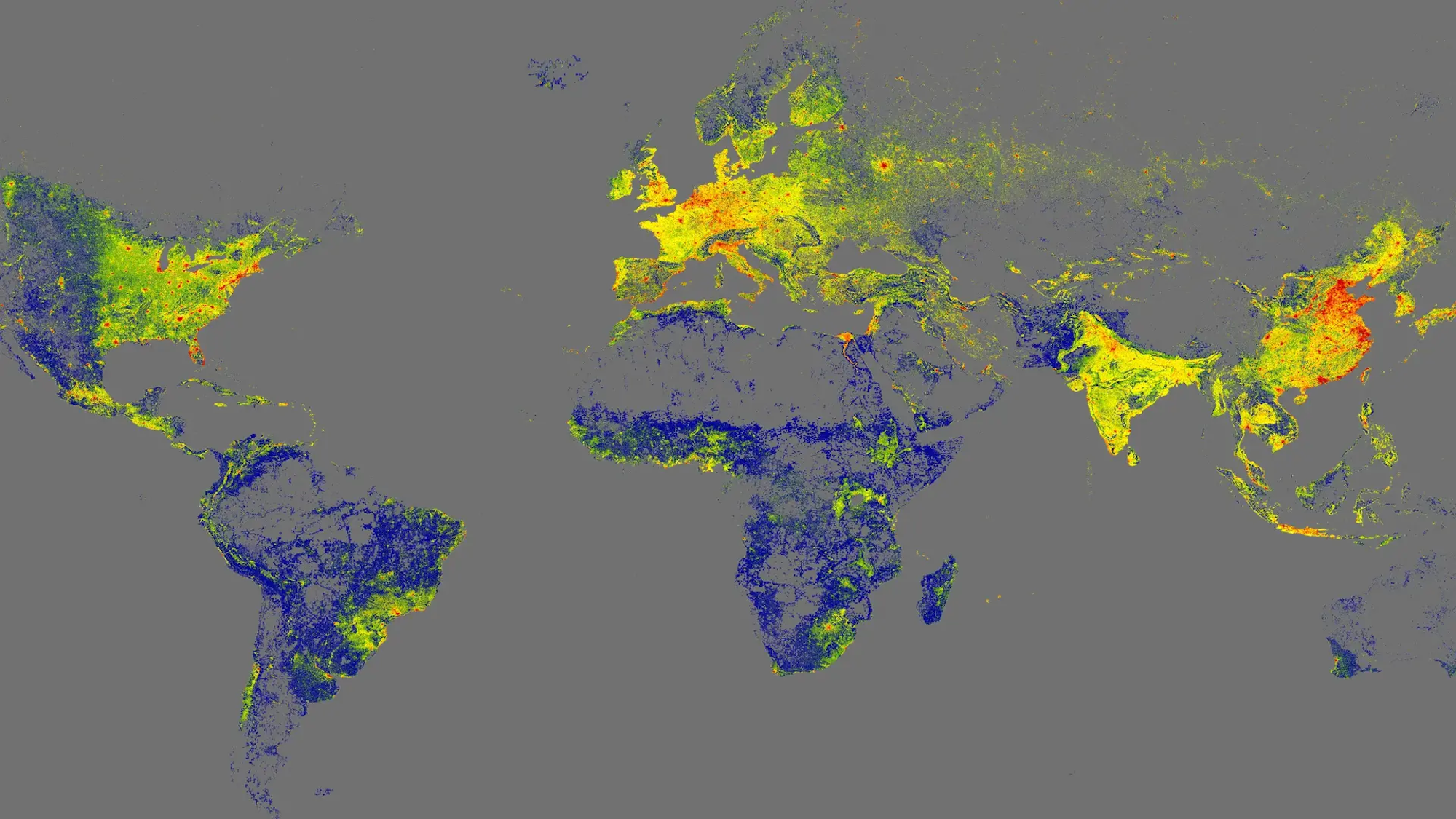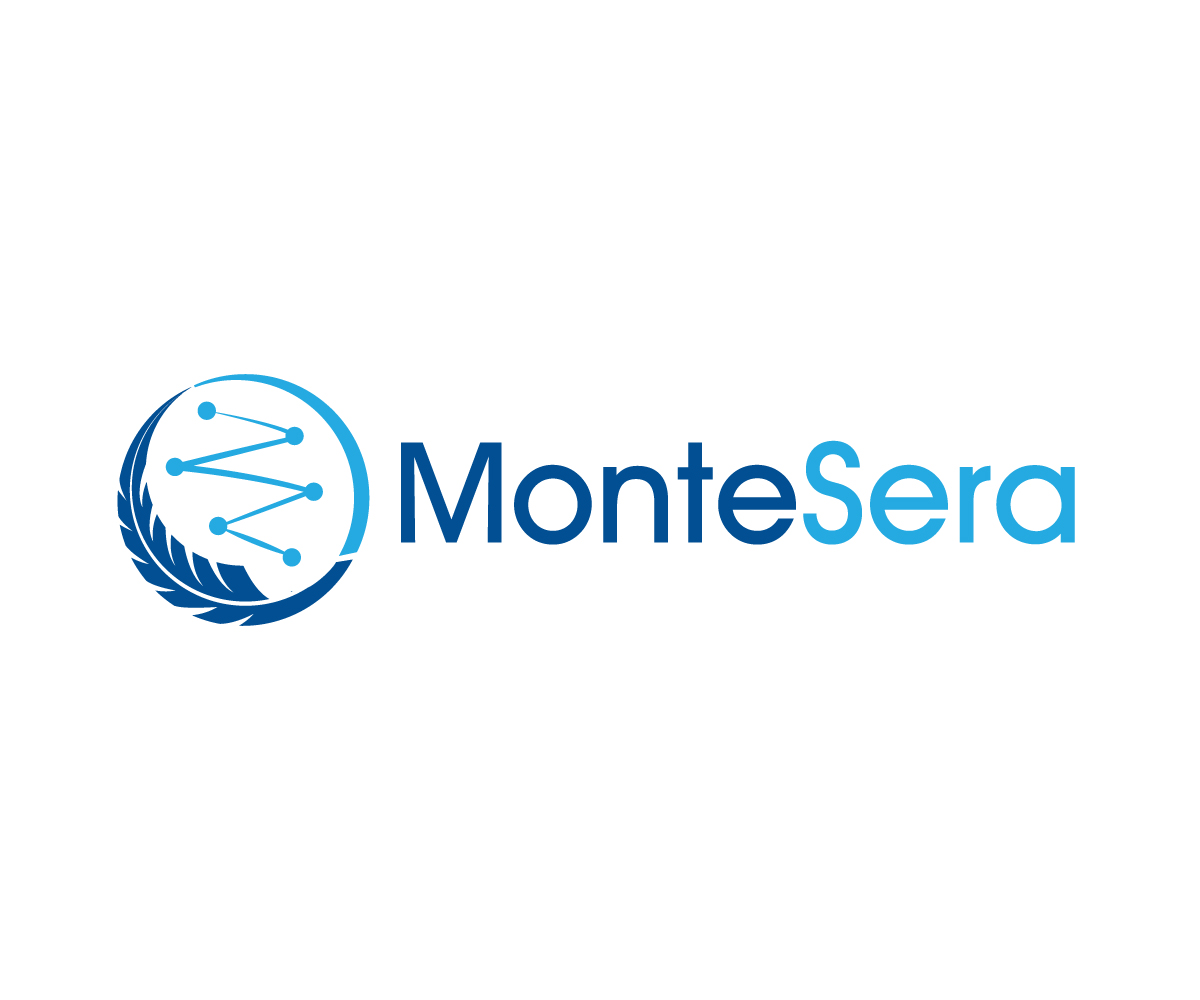Artificial intelligence: Productivity roundtable can be AI’s ‘Team Australia’ moment

In the lead-up to the Australian government’s highly anticipated Economic Reform Roundtable, artificial intelligence has emerged as a central and fiercely debated topic. The discussion, framed by some as a potential “Team Australia” moment, aims to harness AI’s power to lift the nation’s flagging productivity while also addressing significant risks to jobs and social equity. With productivity growth at a 60-year low, the stakes couldn’t be higher. The three-day event, convened by Treasurer Jim Chalmers, has brought together a diverse group of stakeholders, including business leaders, union representatives, and academics, to forge a consensus on the path forward.
A report by the Productivity Commission has been a key document in the lead-up to the roundtable, suggesting that AI could inject A$116 billion into the Australian economy. The report, alongside calls from groups like the Business Council of Australia and the Australian Industry Group, advocates for a “sensible middle ground” approach to regulation. They argue that overregulation could stifle innovation and prevent Australia from capitalising on a generational opportunity. This perspective often highlights the potential of AI to augment human labour, creating more high-skilled, high-wage jobs and freeing up workers to focus on more complex, creative tasks. Examples cited include AI-powered fraud detection in banking and robotics in agriculture.
However, the optimistic outlook is not universally shared. The Australian Council of Trade Unions (ACTU) has been a vocal critic of a hands-off approach, proposing a new regulatory framework that would require employers to consult with staff before introducing new AI technologies. The union’s position is a response to a wave of mass redundancies attributed to AI and a broader concern that the technology could lead to job displacement and erode workers’ rights. They argue that without strong safeguards, the benefits of AI will disproportionately accrue to businesses and “tech rent-seekers,” leaving workers vulnerable. The ACTU’s proposal for mandatory agreements and transparency over technology use has been met with resistance from employer groups, who label it a “damaging, productivity-killing” layer of red tape.
The debate also extends to the contentious issue of copyright and intellectual property. The Productivity Commission and technology advocates have suggested that AI models should be allowed to mine copyrighted content for training purposes, an idea that has been vehemently opposed by content creators and organisations. They argue that this would sacrifice the livelihoods of Australian writers and artists to big tech firms. The government is yet to settle on a clear position on this matter, with different ministers holding varying views.
Beyond the immediate economic impacts, the roundtable is also grappling with the broader societal implications of AI. The lessons from past technological disruptions, such as the ‘Robodebt’ scandal, serve as a stark warning. There is a general consensus that Australia must learn from these past failures to ensure that the adoption of AI prioritises public trust and social good. The need for upskilling and retraining the workforce is a recurring theme, with a recent survey revealing that a significant number of public servants who are aware of AI in the workplace have not received any training.
While there is a clear recognition that AI presents an immense opportunity to boost productivity and living standards, the roundtable underscores a deep ideological divide. On one side, there’s the push to move swiftly and embrace the technology with minimal friction; on the other, a call for caution and a robust regulatory framework that protects workers and creators. The outcome of these discussions will not only shape Australia’s economic future but also define its approach to one of the most transformative technologies of our time.












